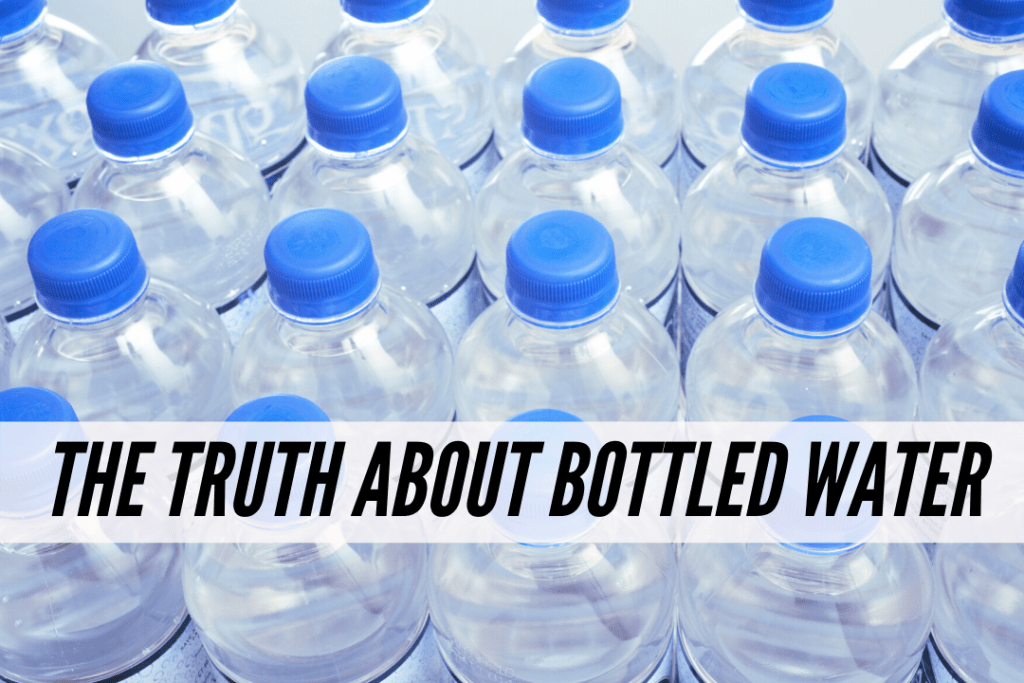
I’ll admit it: Not too long ago, I was a heavy bottled water user. I would buy cases of pre-packaged water because I thought they were convenient: I’d just grab a bottle out of the fridge before leaving to work out or run errands and be on my way.
However, after one of my classmates gave a speech on the negative effects of bottled water, I began to rethink my habit. I soon went out and bought a reusable bottle, and since then have dramatically cut down on my usage of bottled water. And I have learned that reusable water bottles are no less convenient than their disposable counterparts – and a lot better for our planet.
In honor of Earth Day, I wanted to share my new-found knowledge on the negative effects of bottled water with the rest of you in hopes of making a difference for our beloved planet. I hope you find this post informative and inspirational!
Table of Contents
Bottled Water & Waste
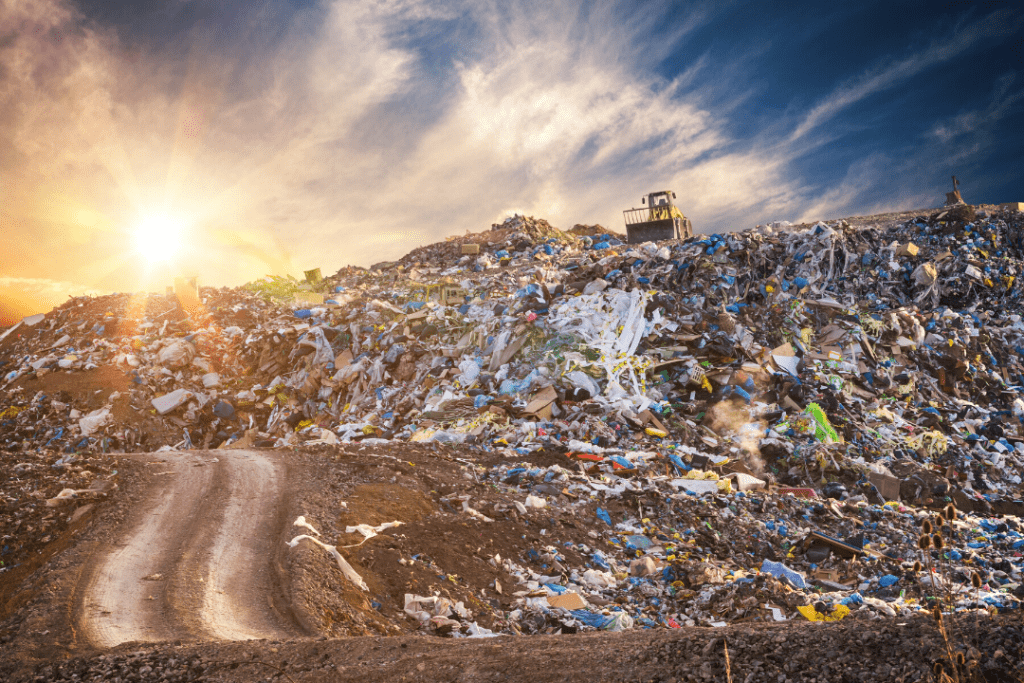
- Every square mile of ocean contains 46,000 pieces of floating plastic.
- A plastic bottle can take hundreds of years to break down – and even then, its particles don’t just disappear.
- Over time, plastic breaks down into smaller pieces that can contaminate our soil, animals, and waterways.
- Animals often mistake these plastic pieces for food. Once the plastic gets into their systems, these pieces can poison the animal and often lead to its death.
- 26 billion water bottles are thrown away each year.
- Only 1/5 of these are recycled.
Plastic is the world’s greatest source of pollution and water bottles make up the largest portion of the plastic in landfills today. As you may know, plastic does not degrade quickly, and may be harming our soil and animals. Plastic particles have even been linked to human health issues, as when we eat fish, for example, we often consume everything the fish has been exposed to – including chemicals leached from plastics. Even though the world has steadily gained more knowledge about recycling, today, most bottles still end up in landfills.
Together, these reasons already provide good incentives to reduce your use of bottled water. But read on – there’s more.
Bottled Water & Pollution
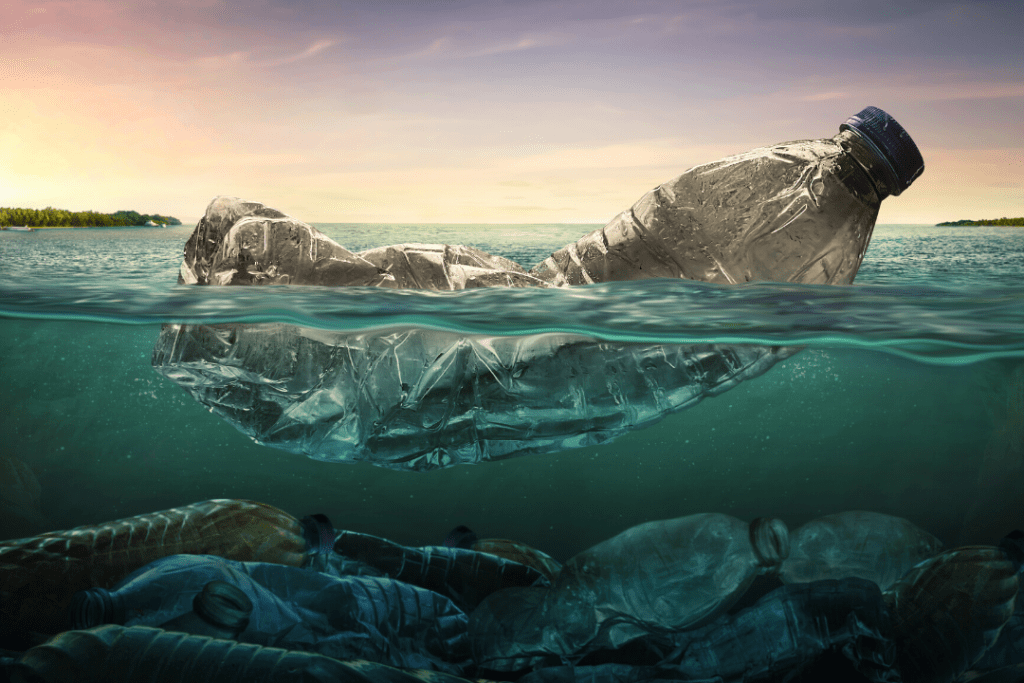
- To make 1 bottle of water, 3 times that amount of water is wasted in production.
- 17 million barrels of oil per year are used in production of bottled water. For reference, this amount of oil could fuel 1 million cars for a year.
- Water bottles not only need to be produced, but also shipped around the world. Transporting these bottles by means of train, truck, ship, and plane additionally add to air pollution.
Producing bottled water is undeniably detrimental to the environment. Not only do the factories that produce these plastic bottles emit tons of carbon emissions into the atmosphere, but once the bottles are filled, transporting them releases even more carbon dioxide into the air.
Bottled Water & Cleanliness
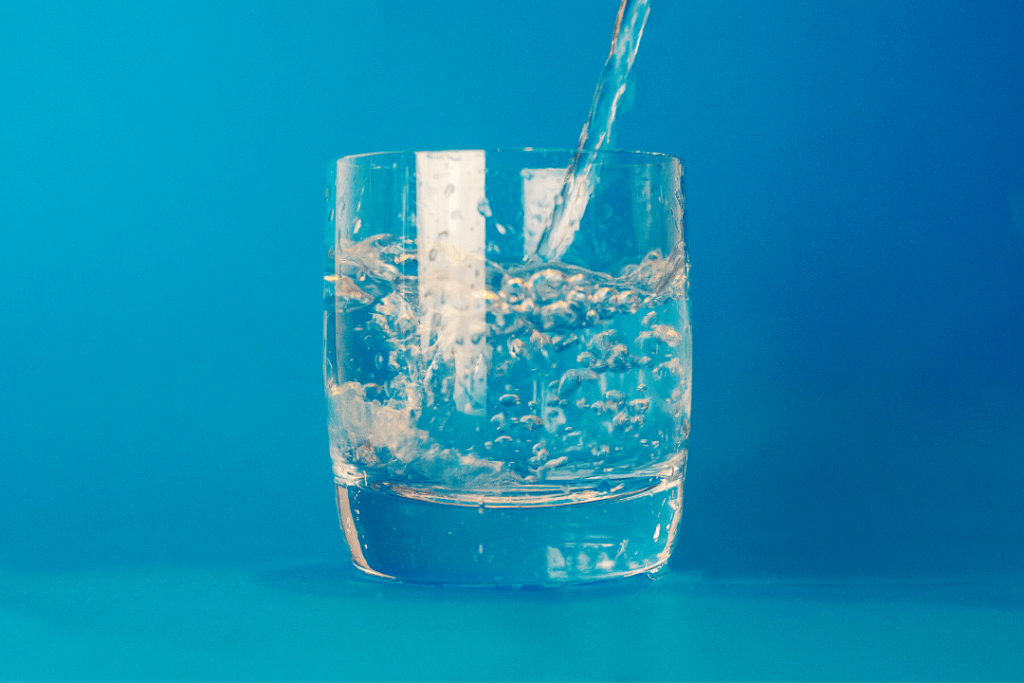
- Municipal water plants have stricter regulations on the quality of the water than bottled water companies.
- The Natural Resource Defense Counsel did a 4-year review on bottled water and found that: 22% of the tested brands contained chemical contaminants at levels above those mandated by the state, and 40% of the tested brands were taken originally from tap water.
Many times, bottled water companies promote their products by telling consumers that bottled water is “purer” and “safer” than tap water. However the regulations surrounding the distribution of tap water are much stricter than the regulations on bottled water companies. Additionally, multiple independent research groups have found that many bottled waters originally came from the tap, and many other brands contain higher levels of contaminants than are permitted at municipal levels.
The True Cost of Bottled Water
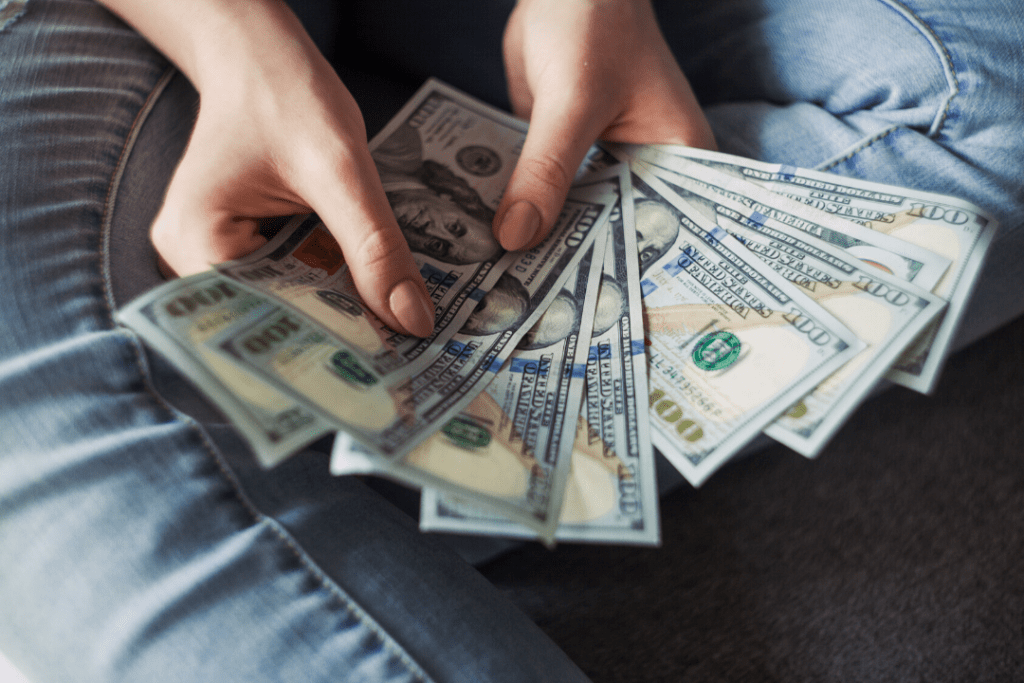
- On average, bottled water costs about $10 per gallon.
- Tap water costs less than $0.01 per gallon.
- Do the math: Bottled water is, on average, 1,000 times more expensive than tap water!
As you can see, bottled water is way more expensive than tap water, and switching from bottled water to tap will save you money. Even if you don’t care about the environmental effects, it’s hard to ignore the potential cost savings here.
What You Can Do to Help
Now that you know about the known and potential hazards of bottled water, you’re probably wondering what you can do to protect our environment and reap the cost savings. Here are a few simple tasks to help you save money, reduce your carbon footprint, reduce waste in our oceans and soil, and help prevent animals from ingesting harmful plastics:
- If you are concerned about the cleanliness of your tap water, buy a filter for your sink or buy a pitcher that filters the water for you.
- Instead of using disposable water bottles, buy a reusable water bottle. There are many types out there such as stainless steel, aluminum, BPA-free plastic, and glass. Find one that best fits your needs.
- If and when you do have to use disposable water bottles, make sure to recycle them.
- Finally, share this new knowledge with others around you and encourage them to make these simple changes with you. After all, it’s easier to make a change when your friends are supporting you!
Bonus: Cute Reusable Water Bottles
Finally, to help you make the switch, here are a few of my favorite reusable water bottles:
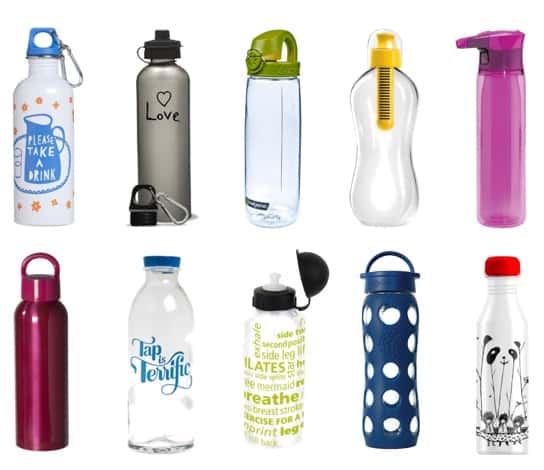
Product Information: Top Row: 1, 2, 3, 4, 5 Bottom Row: 6, 7, 8, 9, 10
Not only are these bottles adorable, but they are also eco-friendly! Here, I featured stainless steel (1,2,6,10), aluminum (8), BPA-free plastic (3,4,5), and even glass (7,9) reusable water bottles.
Which one to choose? There are tons of options out there and I know when I bought mine it was somewhat overwhelming. When making this purchase, think about what features will best fit your needs. How much water do you want your bottle to store? Do you want it to have a filtration system built in? What activities will you use this water bottle for? Do you want a spout to drink from? Considering each of these factors will help you decide which reusable water bottle is best for you.
Also, even though a $10 or $20 water bottle may seem somewhat expensive right now, remember that in the long run you will be saving a tremendous amount of money by eliminating your bottled water habit.
What do you think?
Do you drink bottled water? How often? Do you think this article was informative? Did you know about the harmful effects of disposable water bottles before reading this? Do you already use a reusable water bottle? Are you going to go buy one now? Please be sure to leave a comment and let me know your thoughts!

I think I have grown to despise people who won’t drink tap water. Unless you KNOW your area has something wrong with the water, why aren’t you drinking what comes out of your sink?? I use bottled water on occasion, but I reuse the plastic ones a few times before just throwing them out. I love my aluminum bottle I got from Old Navy for like $5 and tap water is just as good!
The Story of Stuff is eye-opening and I also recommend watching it! Nobody “knew” they “needed” bottled water until they were told they did by bottled water companies.
I also wanted to say that if you take a reusable thermos to Starbucks you can get cold or hot water for free or just a few cents (I just put in my own tea bag and save the 2$ they were going to charge me for a tea bag worth .05 cents) or a coffee refill for less. No more wasting a cup a day!
Great article Jessica. You should check out Chris Jordan’s work on Midway Island . It’s fascinating and humbling.
I want more eco-friendly posts! I love this!
And I gotta say I am officially addicted to buying reusable BPA-free bottles! They are all so cute and usually fashionable. Currently, I have a camelback and a bobble and I love them both. Bobbles can also be found at Border’s and certain grocery stores if you’re curious.
I live in Florida and the tap water smells like Clorox bleach, I can’t drink it without filtering it! After filtering I put it in my metal water bottle, of course 😉
I’m really glad you guys did this article!
you hear ppl compllaining about how high the gas prices have gone up…. but bottled water is soooo much more expensive than gas!!
Great article for Earth Day. Not buying bottle water helps keep water sources available and at a low cost. Water is so important for maintaining bodily health and we are lucky to have such quality water at dirty-cheap price here in the U.S. Support your local municipalities and keep water cheap and clean.
The 4th bottle in the top row (Bobble) is awful! You have to suck with all your might to get the water out. I love that it filters the water, but it’s a pain in the butt. And it makes a high-pitched noise after taking a drink (unless you immediately close the top) which is annoying when I’m in class. It seems like I’m the only one who’s very disappointed in it.
Thank you for this. Happy Earth Day!
Used this article for homework!!!!!
Love College Fashion….thank you
awesome article! thank you guys!
Just ordered a water bottle. 🙂
I drink bottled water because the tap water where I live literally smells like sulfur and tastes like it came out of the toilet. Even if its safe to drink I can’t get over the smell and taste so I prefer filtered water.
also if you want to recycle plastic water bottles be sure to unscrew the caps! they won’t recycle them (something about the air pressure in the bottles when they crush them building up) and will just throw them away!!
I have the bobble (number 4) it is amazing. The reason I would buy bottled water is here in Colorado the water changes every 5 minutes, it can taste like amazing perfect spring clean water and the next will taste like a swimming pool. The bobble allows me to drink clean good tasting water every where. I can take it anywhere and drink, it filters as you drink. The only down side is the top of mine cracked (no idea how) and replacement filters can be up to $10 a piece! I love the convenience of my own water bottle.
As great as this article is, and I totally support the whole reusable water bottle myself (I own 2, and it works as a great gift for friends!), I distill my own water. So, take tap water, and then run it through a distiller which rids it of all the chemicals that can end up in tap water.
I know its not as convenient as just opening the tap, but you wouldn’t believe how many illnesses are borne from the dirt that ends up in tapwater.